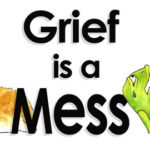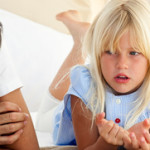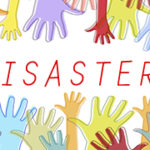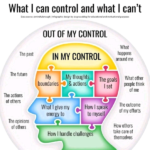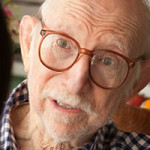(Excerpt from coming book, Help! Someone Died!)

Is there a downside to trading in the funeral…for a celebration-of-life service?
I have attended end-of-life services since I was toddler and have watched the services move from being a sacred space of shared sorrow and concern for the surviving family—to being a memorial, which seems to be a secular form of funeral—to the current trend of celebration that rewinds the deceased’s life away from the tear-filled reality of death entirely.
There seems to be trend in the US for milestones such as bar/bat mitzvahs, high school proms, graduations, weddings and now, end-of-life services, to be lavish rather than intimate.
Do deathstyles match our lifestyles?
We naturally distance ourselves from what is unpleasant but, historically, we didn’t expect every life experience to be enjoyable and we didn’t distance ourselves from the reality of death. When someone died, friends and neighbors actively helped the family face the reality and mourn the death, because the potential of the entire community was as important as individual potential. As far as the deceased’s legacy was concerned, it was obvious the day the person died, for good or ill.
Is there value in gravity?
Funerals provide a somber time and place to reflect on the gravity of death, while celebrations seem to put the gravity aside. Is it possible that we are not celebrating a life as much as ignoring the death?
Is there value to witnessing/experiencing less than perfect circumstances?
Pulling apart the difference between old and new and judging the difference is a dangerous endeavor, unless we have something to measure. “Why,” you ask, “wouldn’t we be better off reminiscing a life instead of confronting its end?”
The answer, it seems, lies in the question: where is the therapeutic value?
- How does a Celebration-of-Life affect later community support for the deceased’s family?
- Is there value to seeing death first hand by having a casket present? (Current research on grief still maintains there is, especially for children.)
- Is there something to be gained by reminding ourselves that “all is not always well?”
- What do we lose when we put a positive spin on adeath ceremony? What do we gain?
- What do we teach our children when we don’t take them to a funeral, but do take them to a Celebration-of-Life?
- What do we learn about ourselves when we don’t run from feeling vulnerable and helpless?
I would suggest that when we don’t run, we grow up emotionally. When we don’t run, our sense of compassion matures. When we don’t run, we become a valuable human being.
It is a strange time
While a significant percentage of the US is still religiously active, the numbers decline every year. With the sacred vs. secular in flux, we are finding our way to new traditions.
It is a strange time. On the one hand we give little attention to survivors of loss and expect them to get over their grief within a couple of months; yet there is more media, literature and film on how to die better, if we must, than ever before. Some would say we have become narcissistic. If so, technology has helped us along.
The internet has changed the way we view connection. Our current social media accounts are filled with pictures of great smiles, great food, great online friends with great accomplishments and… enthusiastic high-five hands-off support.
Luckily, the times are always a changin’
It could well be that we have yet to grasp that we need each other in the secular world as much as we do/did in the sacred. With time, the young may recapture the value of connecting to another—in person—in the worst of times. Sitting with friends vs. texting them. Seeking to understand. Offering a sense of safety… and losing the perception of separation.
Subscribe to Blog


